A Sales Agreement is a vital legal document that outlines the terms and conditions of a transaction between a buyer and a seller. It defines the rights, obligations, and…
continue reading
Impact of Sales in Business Sustainability (With 20+ Samples)
The following list of samples are sales documents commonly used in business.
-
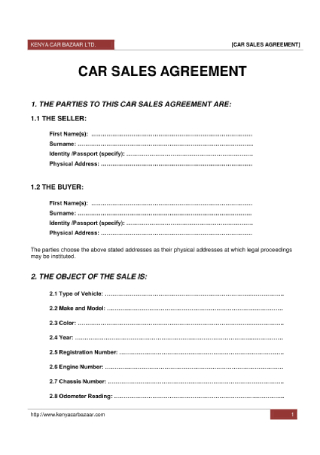
Car Sales Agreement
Lay out the terms of an agreement for buying or selling a car through the given sales document.
-
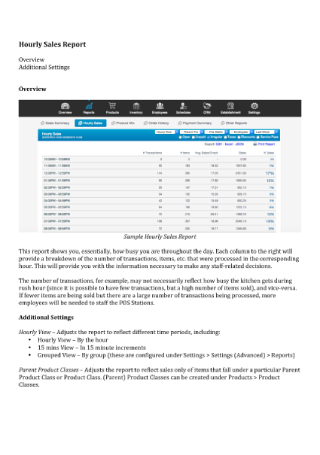
Hourly Sales Report
Write a report to put your sales volume for the day on print.
-

Individual Sales Report
Compare individual sales results for continuous improvement through a detailed report.
-
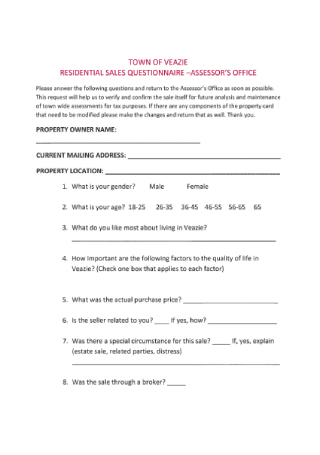
Residential Sales Questionnaire
Use a residential sales questionnaire to conduct market research on your community.
-
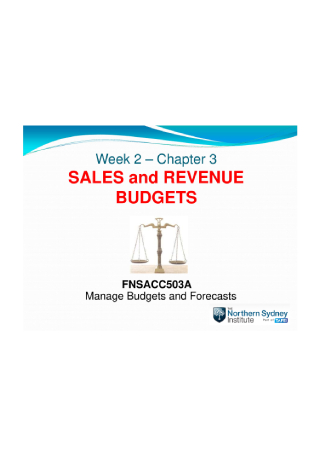
Sales and Revenue Budgets
Forecast sales revenues and expenditures of the company with an established budget.
-
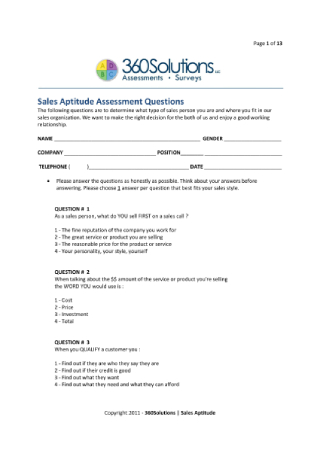
Sales Aptitude Assessment Questions
Measure personality traits to obtain sales success with the use of a sales aptitude test.
-

Sales Case Study
Produce case studies that demonstrate your business value through this sample.
-
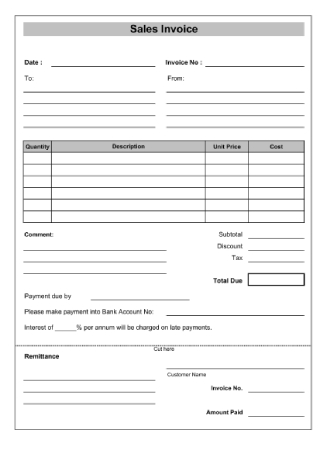
Sales Invoice
Provide customers with a sales invoice as a request of payment for the purchase of goods.
-
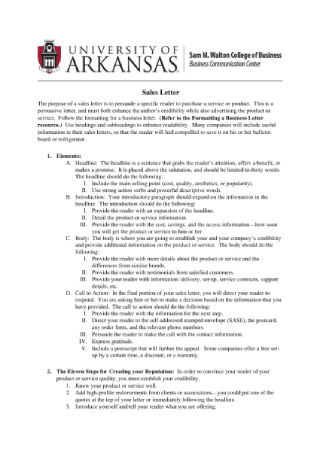
Sales Letter
Make a sale by persuading recipients to purchase a product or service through a letter.
-
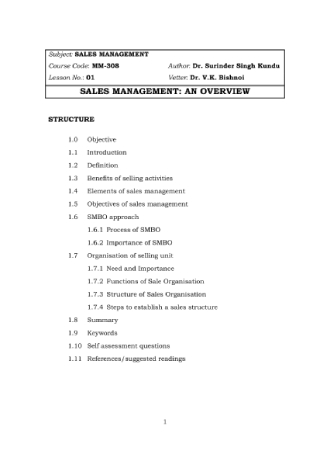
Sales Management Overview
Help the organization achieve its sales targets through effective sales management.
-

Sales Manual
Learn about the fundamentals of sales success with the help of this sample.
-
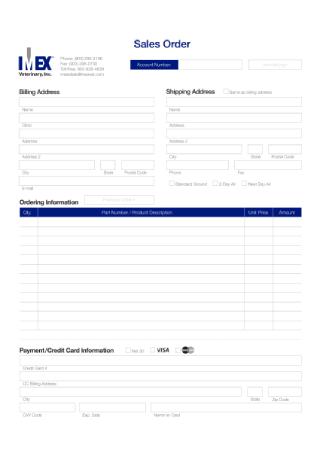
Sales Order
Confirm a customer’s order through a binding agreement known as a sales order.
-
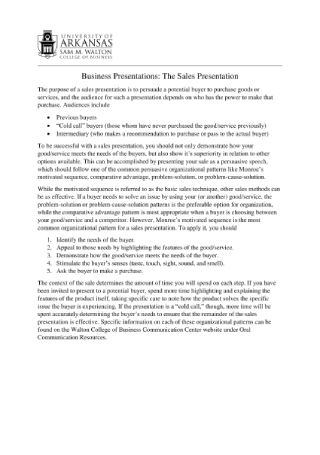
Sales Presentation
Initiate and close a sale with an impressive sales presentation.
-
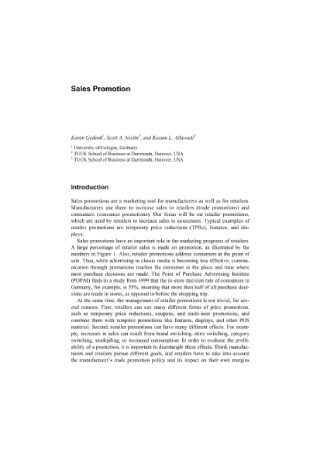
Sales Promotion
Stimulate market demand and boost sales by designing the perfect sales promotion.
-
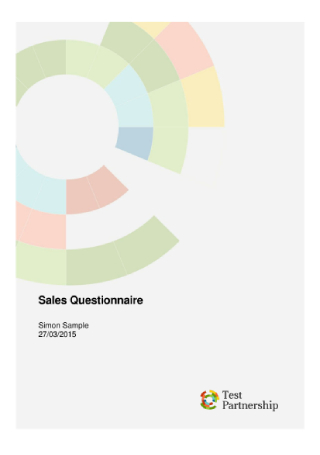
Sales Questionnaire
Get to know your consumer market with the help of a sales questionnaire.
-
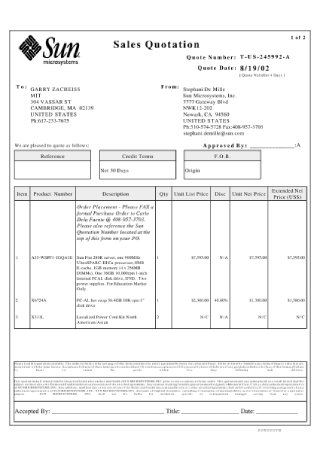
Sales Quotation
Prepare a quotation to allow prospective buyers to see the costs for the work inquired.
-
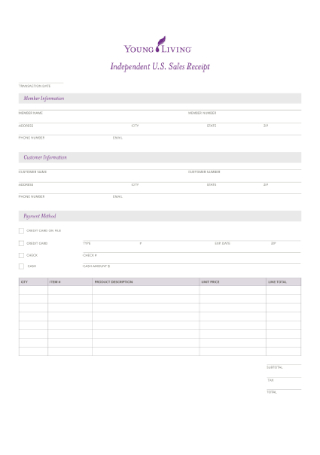
Sales Receipt
Provide customers with a proof of purchase using a sales receipt.
-
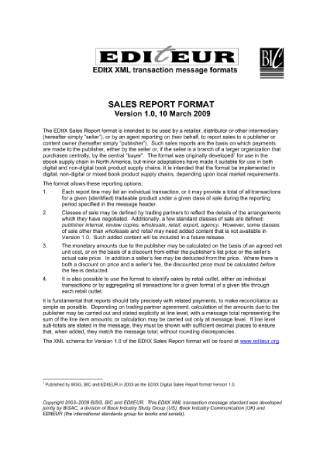
Sales Report Format
Discover new market opportunities by properly formatting your reports.
-

Sales Training Guide
Offer proper sales training to staff members with the help of this guide.
-
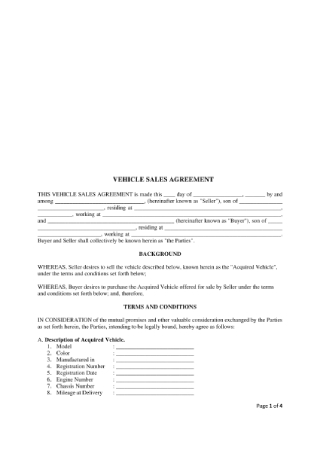
Vehicle Sales Agreement
Negotiate on the terms and conditions of a vehicle sale by making a written agreement.
How Do We Define Sales?
It’s a term that we often hear in business, especially alongside the idea of marketing. While it’s clear that sales and marketing are a significant part of business success, how can we describe sales independently?
The concept of sales points to the activities related to selling a product or service to a customer or business. Every business is comprised of different sales teams responsible for reaching the company’s consumer base. These teams are usually determined based on the region they are selling to, the product or service being sold, and their target audience. But there’s more to making a sale than the transaction itself, as reaching out to prospective buyers requires more time and effort than you’d imagine. Keep in mind that not every attempt can lead to conversions, as companies can only hope that their strategies are enough to interest customers and provide them with a solution that will result in a done deal.
The Importance of Sales in Business
Any entrepreneur would be willing to take on risks that are greater than normal just to see his business succeed. Regardless of size, every company must work to develop solutions that can help reduce risks, meet compliance, and uncover opportunities for growth. Competition can be tight, sometimes forcing customers to outgrow your products or services to move on to something better.
So, what role does a sales strategy play in keeping the business afloat?
Let’s find out by learning the impact of sales in business.

